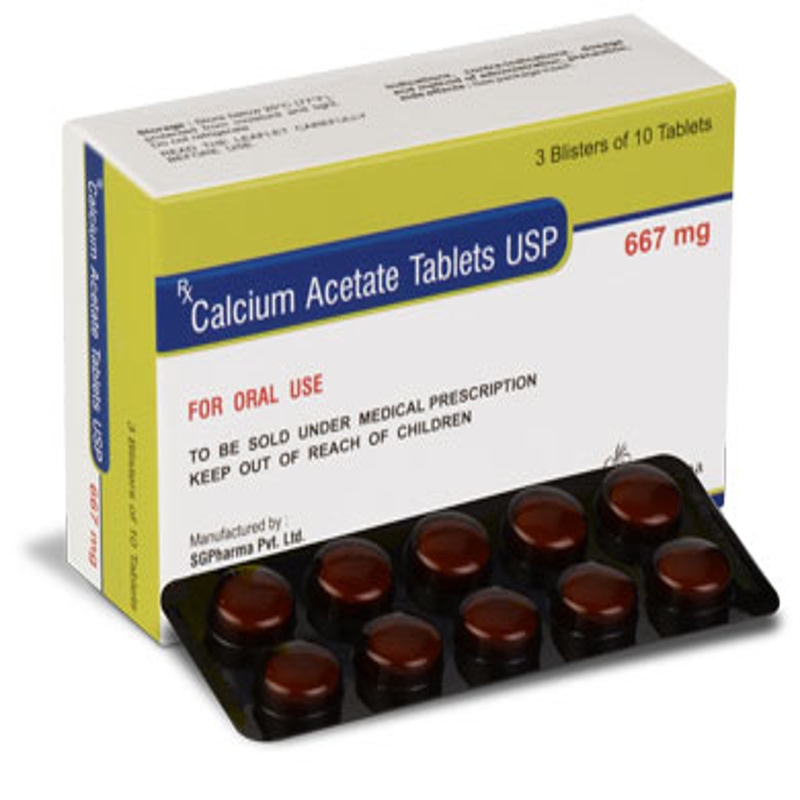-
Categories
-
Pharmaceutical Intermediates
-
Active Pharmaceutical Ingredients
-
Food Additives
- Industrial Coatings
- Agrochemicals
- Dyes and Pigments
- Surfactant
- Flavors and Fragrances
- Chemical Reagents
- Catalyst and Auxiliary
- Natural Products
- Inorganic Chemistry
-
Organic Chemistry
-
Biochemical Engineering
- Analytical Chemistry
-
Cosmetic Ingredient
- Water Treatment Chemical
-
Pharmaceutical Intermediates
Promotion
ECHEMI Mall
Wholesale
Weekly Price
Exhibition
News
-
Trade Service
In early August, the Journal of Clinical Oncology reported on a researcher-initiated, single-armed, Phase II Smart Start study that explored a new combination regimen for the initial treatment of diffuse large B-cell lymphoma, namely rituximab, lenalidomide, and ibratinib (RLI
42% of patients were at high risk for R-IPI and 62% were bi-expressed
The Smart Start study, the first to use targeted combination regimens prior to chemotherapy for newly diagnosed DLBCL, confirmed that RLI brings higher ORR and that combination chemotherapy produces a lasting response, establishing the potential for the
JCO magazine recently published an editorial by Professor Brad S Kahl entitled "Management of Diffuse Large B-Cell Lymphoma: Are We Getting Smarter? The main contents are summarized as follows
The R-CHOP regimen cures 85% of limited-stage patients, while older/frail patients may require a tapering regimen (e.
Strategies to improve the efficacy of DLBCL generally fall into three categories: strengthening cytotoxic drugs, adding or replacing new monoclonal antibodies, or so-called R-CHOP plus X
DLBCL is known to be a biological heterogeneous disease caused by mature B cells at different stages of maturity, producing two different subtypes (germination center B cells [GCB] and activated B cells [ABC])
A recently published study may alter the standard of care for patients with advanced, IPI 2-5 DLBCL
Researchers at MD Anderson Cancer Center sought to link this gap in personalized treatments to trials using novel drugs selected based on the detection of cell origin (Smart Start
Does the addition of RLI to chemotherapy improve the curability of non-GCB DLBLCs? By comparing the results of the Smart Start study with the recently published late-stage DLBCL Phase III study, the authors concluded that the answer was yes, with about 70% of patients making no progress
Although the overall results of the Smart Start study are difficult to interpret, the study's strength lies in its window element, which demonstrates the high activity of the novel drug without compromising the outcome
So what about the following? Some scholars have used responses to these targeted drugs to reduce the amount of cytotoxic chemotherapy patients receive (Smart Stop, NCT04978584), and other working groups are exploring the incorporation of cognition of DLBCL biology into personalized therapeutic approaches; It is now clear that a simple distinction between ABC and GCB is not precise enough for precision medicine, and at least 5 different subtypes
References
1.
2.
: ,







